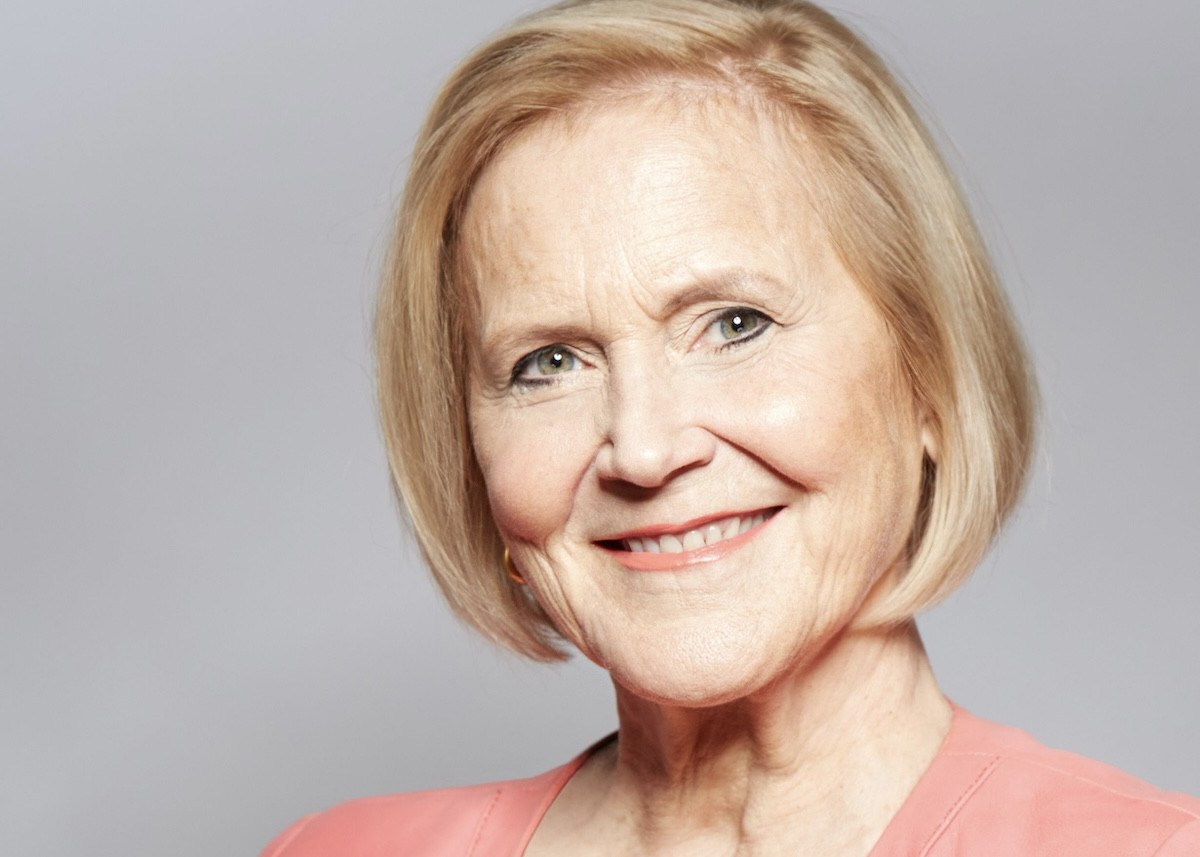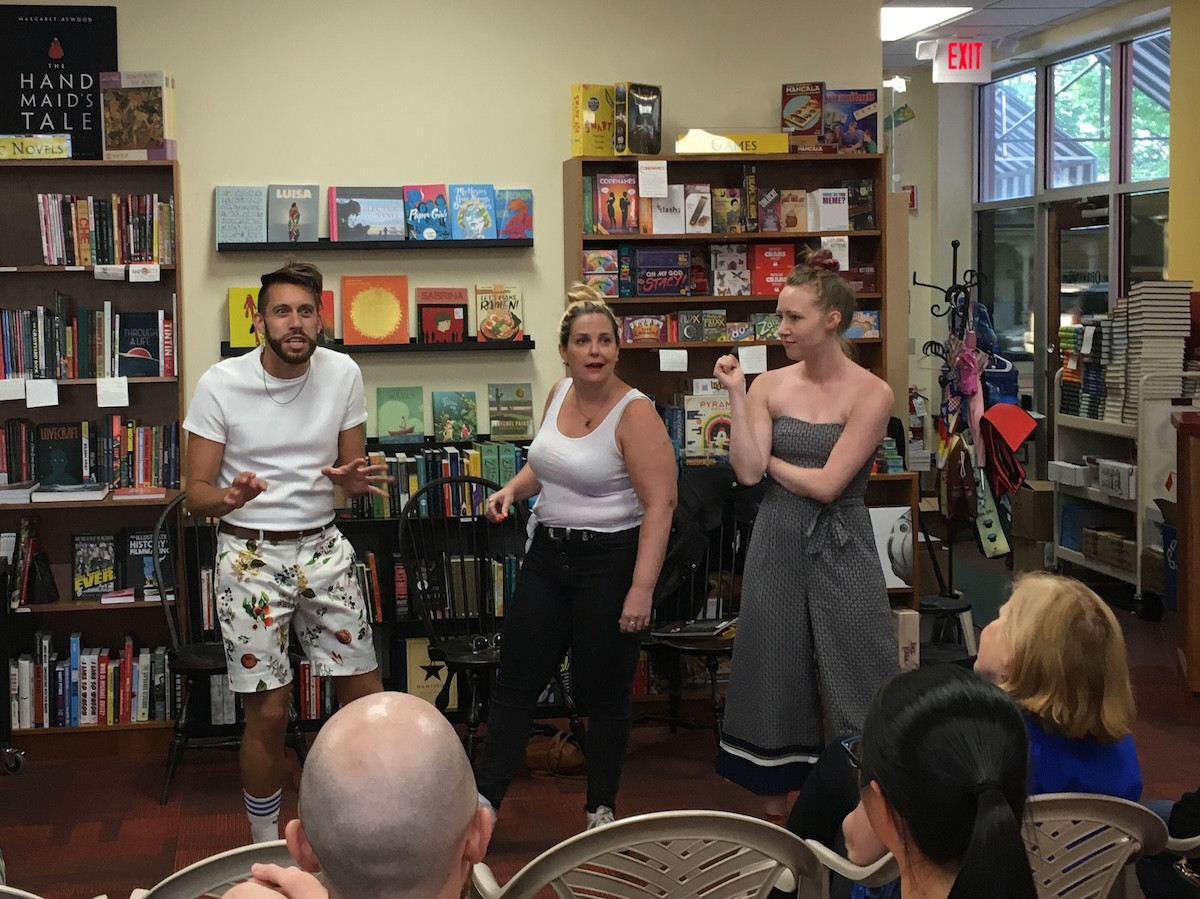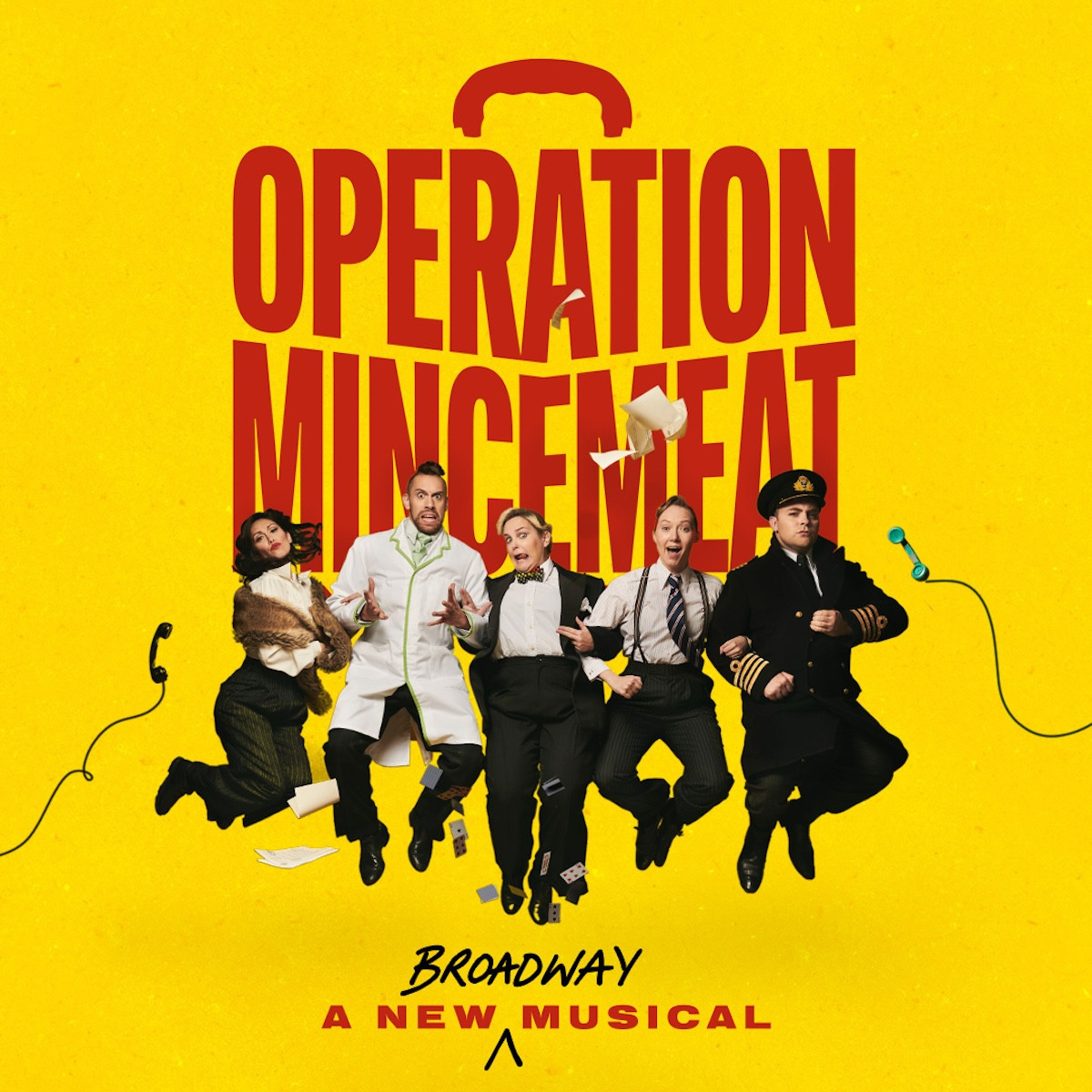Rhinebeck Writers Retreat Founder Kathy Evans Bows Out: Search for New Director Begins
After more than a decade of championing new musicals Evans seeks a successor.

After more than a decade of championing new musicals Evans seeks a successor.
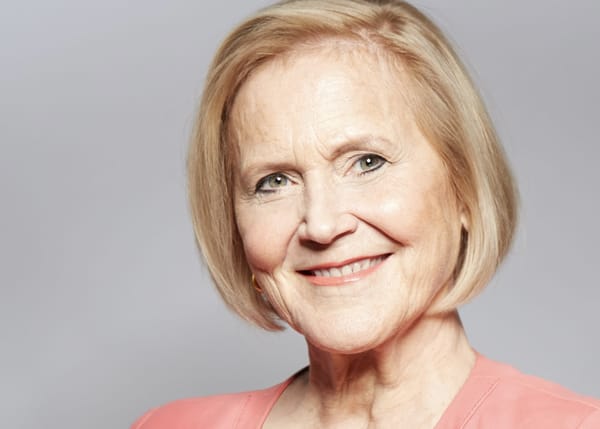
Kathy Evans
Kathy Evans stood on a hiking trail near Tivoli, looking out over the Hudson. It was 2011, and the view sparked an idea: What if musical theater writers had a space to escape the chaos of daily life and focus entirely on their craft? That thought blossomed into the Rhinebeck Writers Retreat in the hamlet of Staatsburg, a program that has become an essential incubator for new musicals. Now, after more than a decade at the helm, Evans is preparing to step down and the nonprofit is on the hunt for a new director.
“It’s bittersweet,” Evans admits. “I’ve invested so much of myself into the Rhinebeck Writers Retreat, but it feels like the right time to pass the reins to someone who can take it even further.”
Evans grew up in Indianapolis, developing an early love for musicals by listening to cast recordings. After studying English and French literature at Harvard, where she performed and produced musicals, Evans took “the practical route,” earning an MBA and working in entertainment marketing at Columbia Pictures and Scholastic Entertainment. But her passion for theater lingered.
She got a job as the executive director of the National Alliance for Musical Theatre and quickly deepened her connection to the process of creating new musicals. “That’s where I really fell in love with developing new work,” Evans says. Her time there introduced her to countless writers and highlighted the need for dedicated spaces where creative teams could collaborate without distractions—a notion that would grow into the Rhinebeck Writers Retreat.
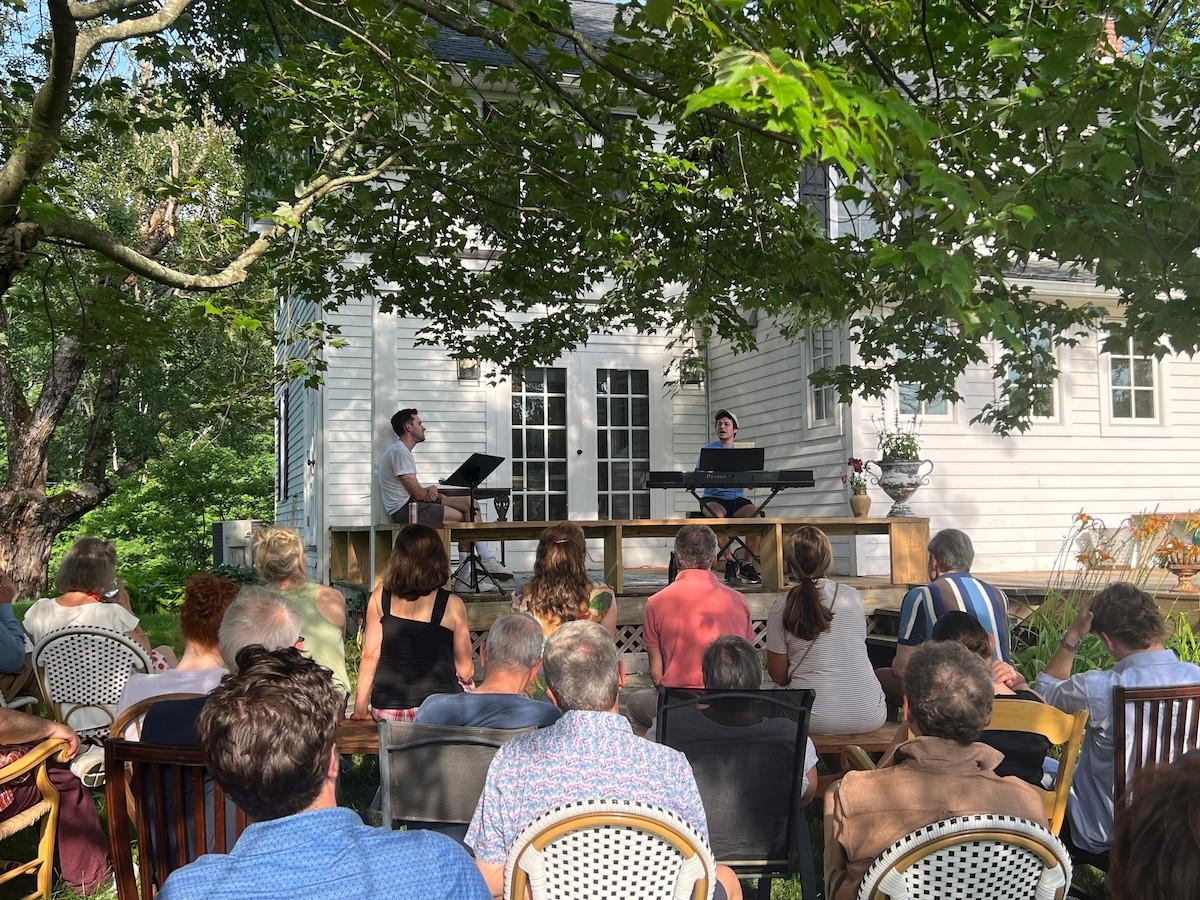
The Rhinebeck Writers Retreat started modestly, with Evans renting a house for a seven-week residency program. “We had seven, week-long residencies in a row that first summer,” Evans recalls. Over the years, the program grew to include nine residencies annually and introduced the Triple R program, which combines two table readings and a residency to refine a musical through staged readings with professional actors.
The retreat provides everything writers need—food, lodging, supplies, and even stipends to offset lost income. “We’ve raised a lot of money over the years to make sure writers have no financial burden,” Evans says. “That’s something I’m really proud of.”
The impact has been profound. One standout success story is “Operation Mincemeat”, a musical by a team of British writers who first workshopped the show at Rhinebeck. After winning an Olivier Award for Best New Musical, it’s set to open on Broadway this year. “It’s such a fun story,” Evans says, adding that the writers also performed at Rhinebeck during a public event at Oblong Books, marking the first time the musical was seen in the US.
While there are many successes to think back on fondly, Evans is quick to acknowledge the challenges facing programs like hers. “Covid had a dramatic impact on live theater,” she explains. “We’ve seen at least three major development programs close in recent years, including the Sundance Theatre Lab and the Lark Play Development Center.”
Despite these hurdles, Evans takes pride in how Rhinebeck has thrived. “Our board and I are deeply committed to the idea that writers should focus on creating, not worrying about finances,” she says. “It’s incredibly rewarding to hear from writers about how much they accomplished during their week here.”
As Evans prepares to step back, finding the right person to lead the Rhinebeck Writers Retreat is her next challenge. “They need to be passionate about developing new musicals and have experience working closely with writers,” she says. “But they also have to be an excellent fundraiser. Our budget is over $200,000, so writing grants and engaging donors is a big part of the job.”
While stepping down brings mixed emotions, Evans sees it as an opportunity for growth. “I know our board is excited about the possibilities for the future,” she says. “It’s exciting to think about what someone new might bring to the program.”
As she looks ahead to her next chapter, Evans is considering ways to support musicals in the crucial development stage between workshops and full productions. “That’s really where I want to focus,” she says. “There’s so much great work out there, but it needs more support to get from the page to the stage.”
For Evans, the Rhinebeck Writers Retreat is more than a professional accomplishment—it’s a personal mission. “When writers tell me how much they achieved here, it reminds me why I started this,” she says. “I just wanted to create a space where art could thrive, and I think we’ve done that.”
